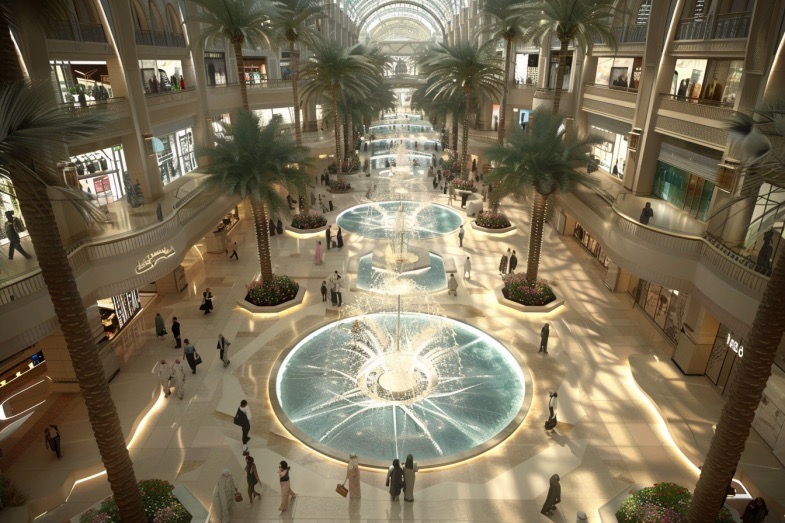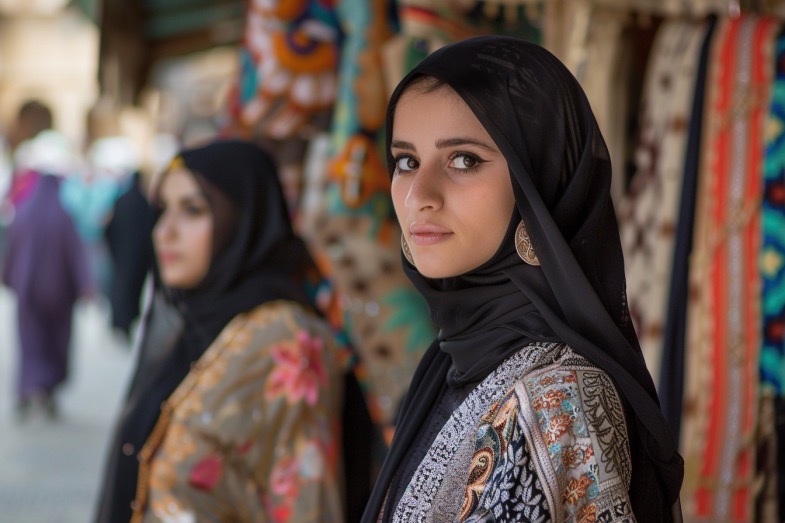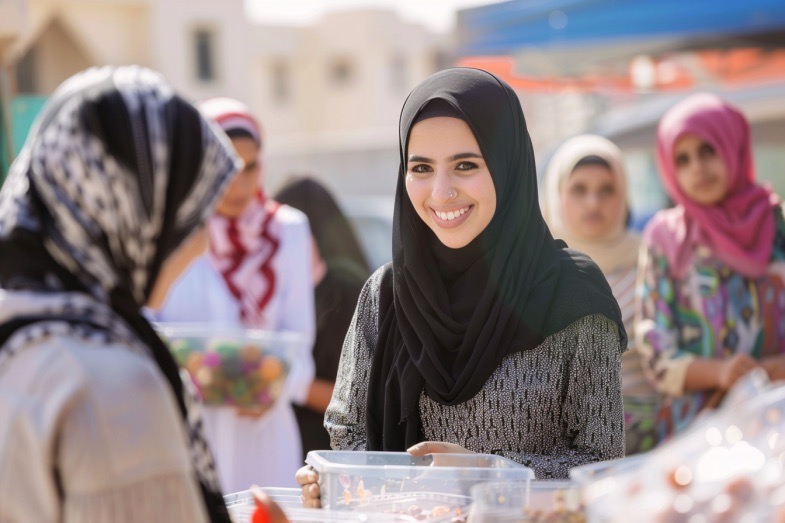Varanasi: A City of Tensions Between Faiths
The sun’s rays dance on the sacred waters of the Ganges in Varanasi, where Hindu devotees cleanse their spirits while the call to prayer echoes through the air. Varanasi, the spiritual capital of India, is a city of ancient temples and gods. It’s also Prime Minister Narendra Modi’s political stronghold, where tensions between different faiths are on the rise.
Modi’s decision to make Varanasi his constituency a decade ago was a strategic move to merge his party’s political and religious goals. While he initially rose to power on promises of development and anti-corruption, his Bharatiya Janata Party (BJP) is now accused of steering India towards becoming a Hindu rashtra, or homeland, despite the country’s constitutional commitment to secularism.
During the Muslim festival of Eid, Sana Sabah expressed her concerns about the current political climate in Varanasi. “It’s scary that someone like Modi is not only celebrated but validated,” she said. The Hindu nationalist right wing, she added, “is not even trying to hide it anymore. And it’s troublesome.”
As India heads to the polls, a significant portion of the Muslim population, over 200 million strong, fears the implications of Modi’s potential re-election. In Varanasi, where Modi is seeking a third term, many Muslims feel neglected and even betrayed, especially as an ancient mosque becomes the latest flashpoint in a case testing India’s secular fabric.
Local Muslim leader Syed Mohammad Yaseen, 78, believes the government is failing to protect his community, leading to increased vulnerability and fear of hate crimes among Muslims in today’s India.
“The worst will happen if Modi gets reelected,” Yaseen said. “We are tolerating these things, maybe one day there can be change. But we are hopeless.”
Modi’s BJP, rooted in the right-wing Rashtriya Swayamsevak Sangh (RSS), has been accused of promoting Hindu supremacy within India, although the party denies discrimination against minorities.
“There is not one welfare scheme where religion or community is used as a base to discriminate,” said BJP Varanasi leader Dileep Patel. “The prime minister’s schemes apply to our Muslim brothers, Hindu brothers, Sikhs, Jains, Buddhists, and Parsis, who have, without any discrimination, benefited from Modi.”
While Modi’s tenure has seen India’s emergence as a global power with a booming economy and technological advancements, it has also witnessed a rise in religious polarization. Hindu nationalists have gained influential positions in government institutions, leading to legislative changes that many argue unfairly target Muslims.
From rewriting textbooks to renaming cities and passing controversial laws, Modi’s administration has been accused of marginalizing the Muslim community. The revocation of Jammu and Kashmir’s special autonomy and the enactment of a citizenship law excluding Muslim migrants have fueled sectarian violence and raised concerns among India’s Muslims.
One such victim, Nasir Ali, was attacked by a right-wing mob in Delhi, leaving him blind in one eye. Despite attempting to file a police complaint, Ali faced obstacles in seeking justice, reflecting the challenges many Muslims encounter in Modi’s India.
While large-scale incidents like the Delhi riots capture headlines, everyday occurrences of discrimination and violence paint a grim picture for India’s Muslim population under Modi’s rule.
From housing discrimination to anti-Muslim speeches and hate crimes, Muslims across India face a hostile environment that threatens their safety and security. The lack of repercussions for hate speech has emboldened extremists, fueling tensions between Hindu and Muslim communities.
Despite assurances from BJP officials that Muslims benefit from Modi’s leadership, the absence of Muslim representation within the party raises questions about its inclusivity. Modi’s recent remarks accusing Muslims of being “infiltrators” have further stoked fears of marginalization among the community.
Varanasi, a city known for its religious diversity, now finds itself at the center of a legal battle over the Gyanvapi Mosque, a site with historical significance for both Hindus and Muslims. The mosque’s fate remains uncertain as Hindu nationalists push for its return to the Hindu community.
As tensions escalate and religious divisions deepen, Varanasi’s residents, like shopkeeper Shamsher Ali, fear for the future of their city and their communities. The fabric of Indian society, once woven with harmony and mutual respect, now faces the threat of being torn apart by religious polarization.
Despite the challenges and uncertainties, Ali remains steadfast in his belief in India as his homeland. “We were born here. We will be buried in the soil of this land. This is my country,” he asserts.
As India grapples with these deep-rooted divisions, the outcome of the upcoming election will not only shape the country’s political landscape but also determine the future of religious minorities, particularly Muslims, in Modi’s India.



